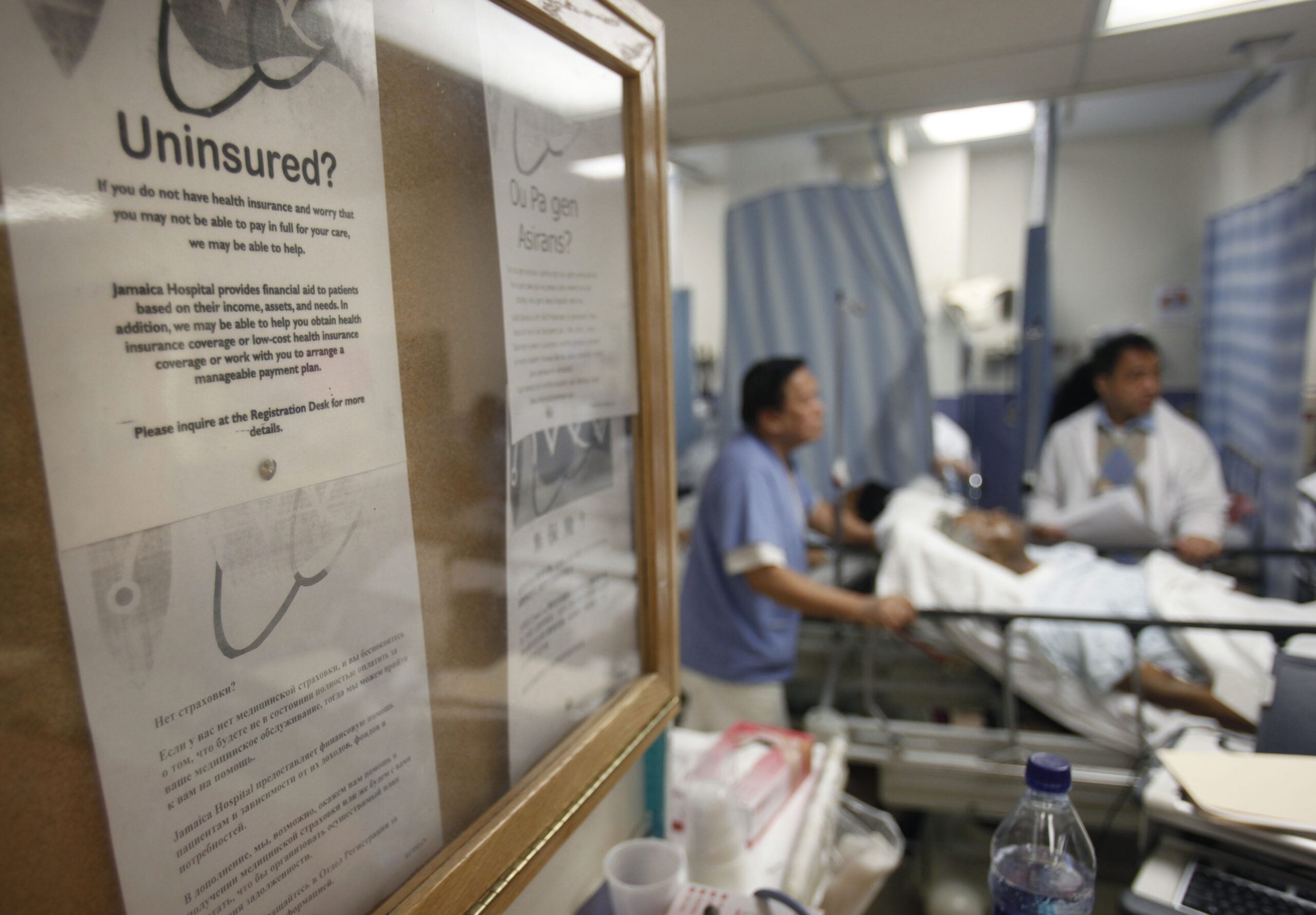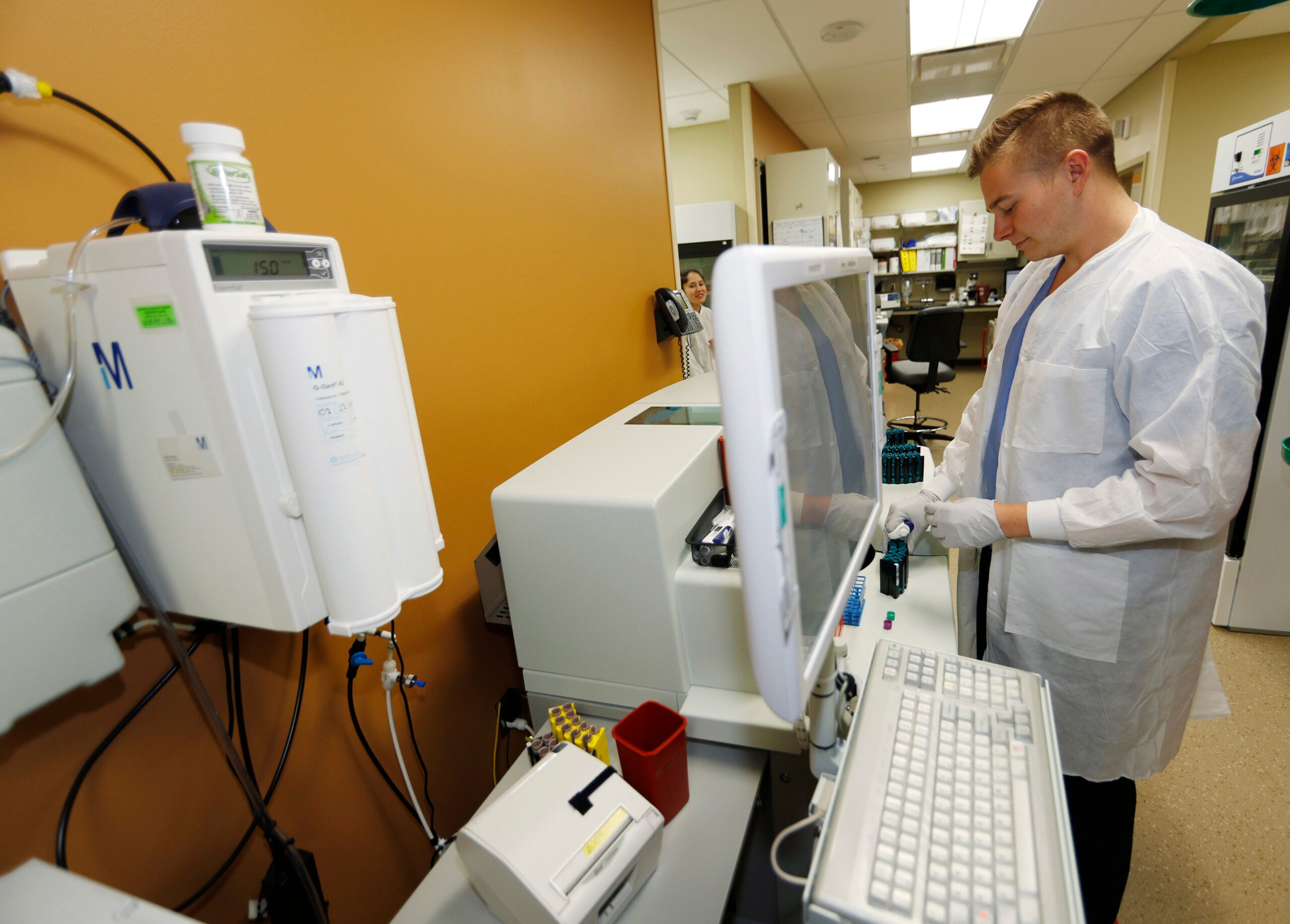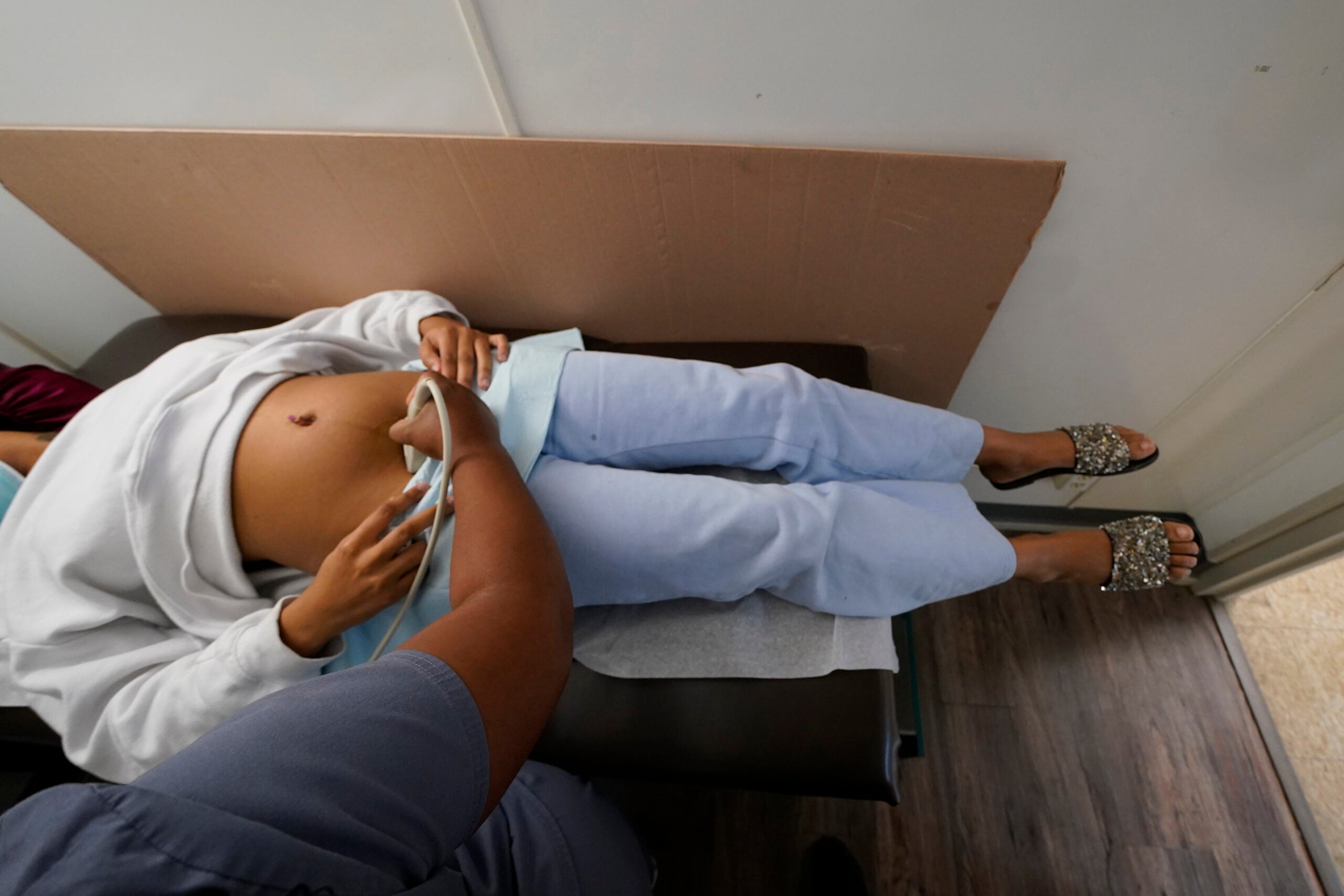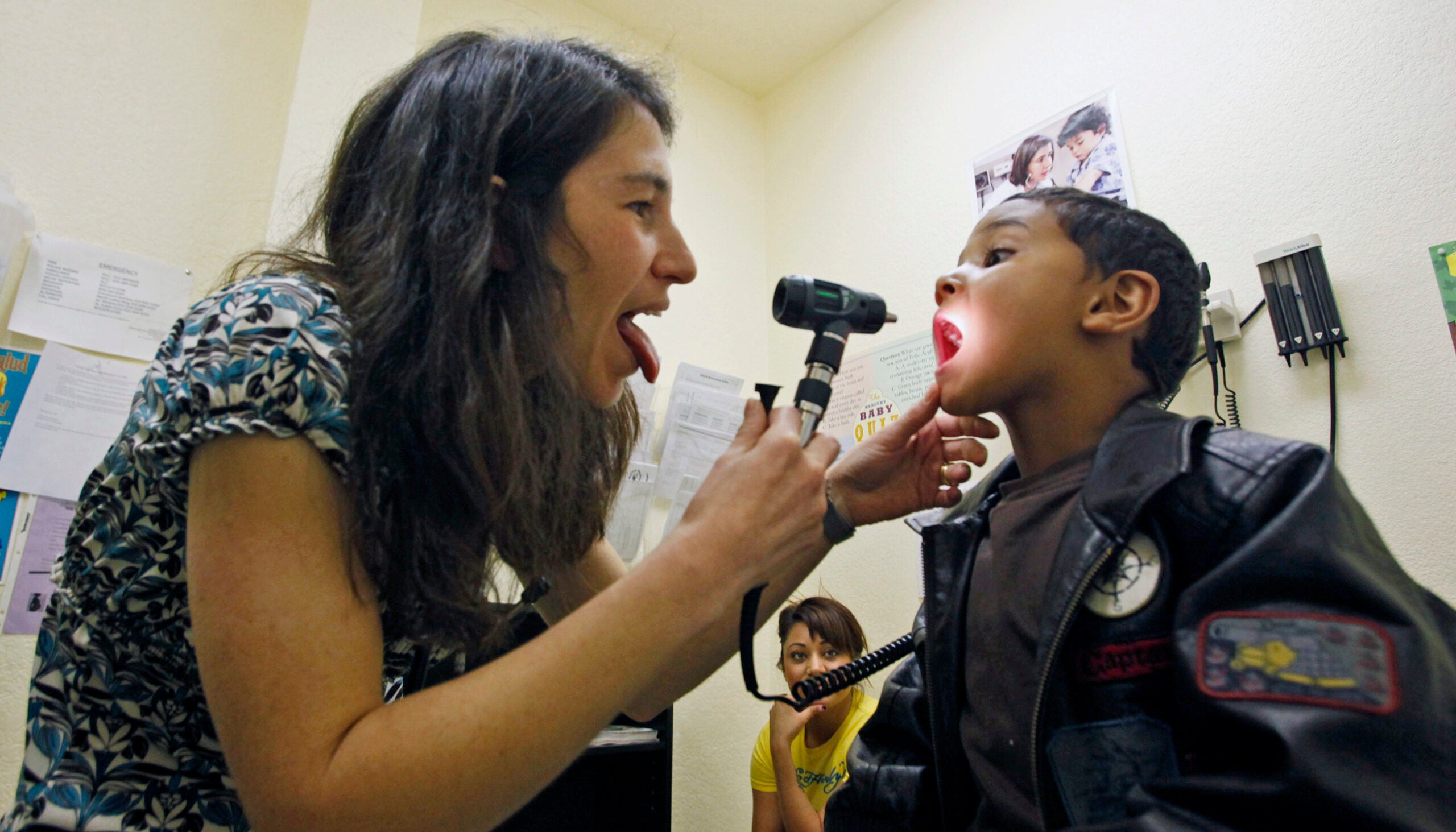BadgerCare Plus recipients would no longer be automatically reenrolled in the public health care system and the state would reconsider their status every six months under a proposed GOP-authored bill currently circulating the Wisconsin statehouse.
The bill’s co-authors, Rep. William Penterman, R-Columbus, and Sen. Rob Stafsholt, R-New Richmond, argue the bill will reduce the ranks of a public benefit that swelled during the COVID-19 pandemic, and thereby cut wasteful spending.
Under a federal state of emergency declared in March 2020, federal law prohibited states from disenrolling people from Medicaid programs. The proposed Wisconsin bill argues that sharpening eligibility requirements will save the state money by removing people from the program who do not need it.
Stay informed on the latest news
Sign up for WPR’s email newsletter.
Under the proposed bill, a BadgerCare recipient’s eligibility to receive benefits would be reassessed every six months using state data. Any recipient found ineligible would be removed from the program by the Wisconsin Department of Health Services and could not reenroll for six months.
If it passes the Legislature, it is unlikely to be signed by Democratic Gov. Tony Evers, who has repeatedly advocated for BadgerCare expansion. Under the federal Affordable Care Act, BadgerCare expansion would bring additional federal dollars into the state and cover more people.
According to state figures, 1.6 million Wisconsinites — or a quarter of the state population — were enrolled in BadgerCare or Medicaid, programs that cover low-income, pregnant, disabled and elderly people. Thirty percent of people covered by Medicaid are children and three-quarters of adult recipients have jobs, according to the Kaiser Family Foundation.
The proposal comes days after Wisconsin voters overwhelmingly backed a nonbinding referendum that said able-bodied and childless adults must look for work in order to receive public benefits.
It also comes as the COVID-19 state of emergency is being phased out. Enrollees will have to reenroll over the next 18 months, and national figures suggest more than 14 million Americans could lose their coverage during this transition.
Neither co-author was immediately available to comment for Wisconsin Public Radio. In their proposal, Penterman and Stafsholt cite a study by the Centers for Medicare and Medicaid Services that found an estimated $85 billion is spent on “improper” Medicaid payments each year. According to the Centers for Medicaid and Medicare Services, about 87 percent of those improprieties are the result of insufficient documentation, rather than fraud or abuse.
Sen. Jeff Smith, D-Brunswick, denounced the bill as “awful, punitive and cynical.” He pointed to the fact that Wisconsin is one of 11 states not to expand its Medicaid program under the Affordable Care Act.
“Now we once again have Republicans sending out the message that not only don’t they want that money — that we have all paid in — (but) they also want to punish people who are on Medicaid,” he said.
He also pointed to a requirement in the bill that a recipient would have to affirmatively disclose changes to their eligibility status or face disenrollment and a potential fine.
“Somebody who may have some reason — disability, even — that prevents them from doing something timely, like get that information in, what are they going to do for six months?” he said. “They can’t get their medications, they can’t access the things that they need.”
A spokesperson for the governor responded to a request for comment by pointing to his “previous actions.”
Wisconsin Public Radio, © Copyright 2025, Board of Regents of the University of Wisconsin System and Wisconsin Educational Communications Board.





